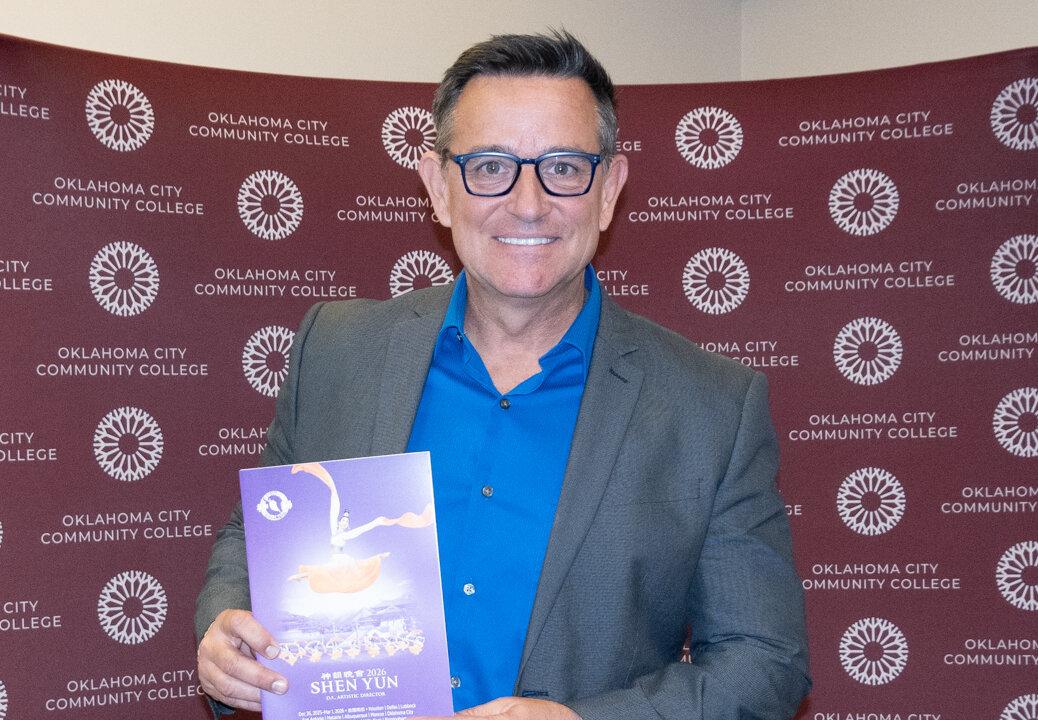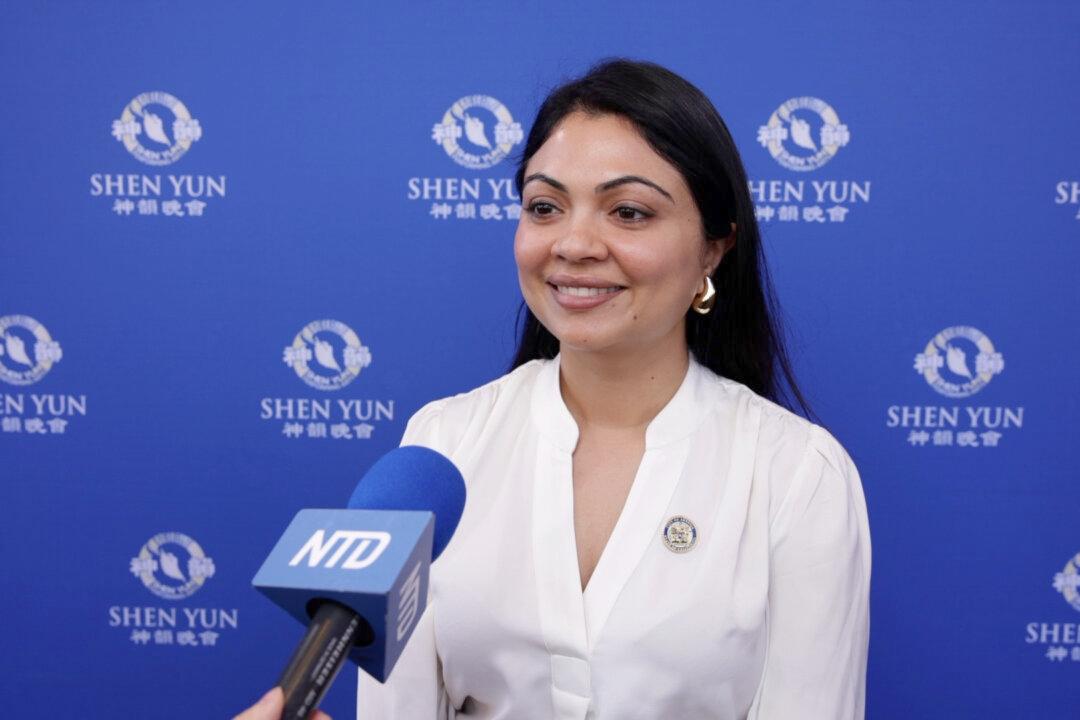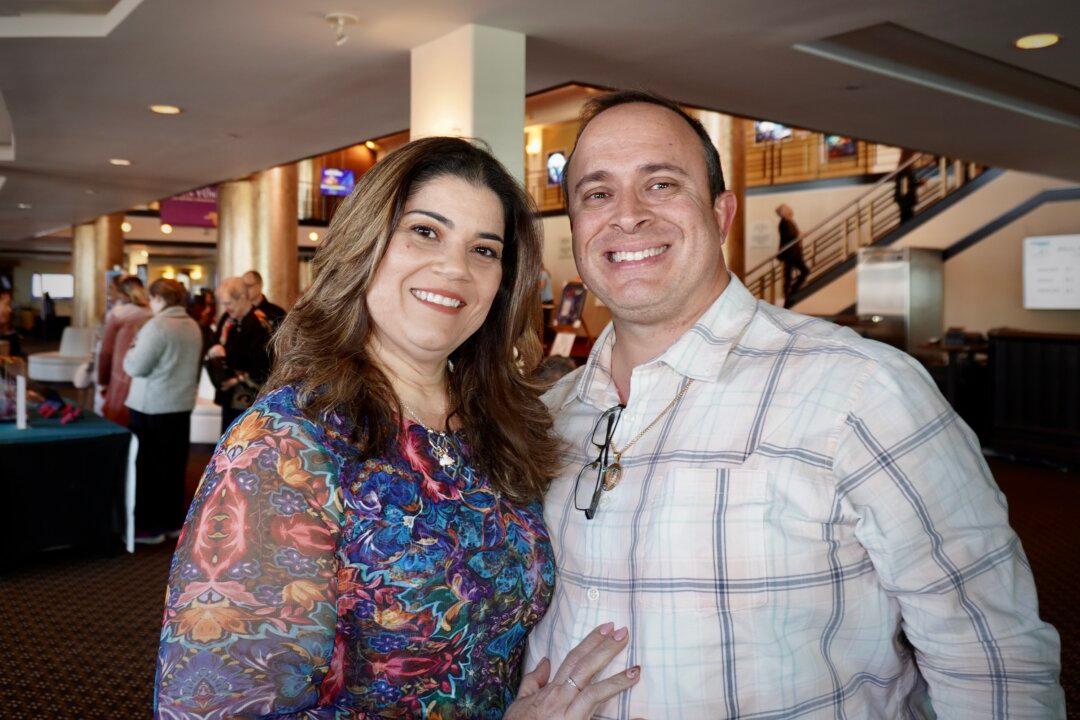Al Sharpton, who said he won’t leave the United States following Donald Trump’s presidential victory, revealed that he recently received a phone call from the president-elect.
“We did talk briefly. I was surprised and candid about our sharp disagreements and so was he,” the civil rights leader and preacher told the New York Post.
Sharpton previously stated that he would leave the country if Trump secured a victory. But days after the election, he said the comment “was said in jest.”
“We’re not going anywhere,” he told TMZ on Nov. 10, referring to other celebrities who made similar statements about jettisoning themselves from the U.S. “Clearly, it was said in jest. If that’s the comfort they got, they might as well get ready for an uncomfortable ride.” He added: “Mr. Trump better saddle up.”
Speaking to the NY Post on Dec. 1, Sharpton noted that it’s crucial to have a dialogue with political foes.
“He met with Mayor [Bill] de Blasio, who is critical, like I am, of him,” he said.
“We were straight up with each other,” Sharpton told the New York Daily News. “I will continue to disagree with him. I’m not psychoanalyzing why he called. He and I were clear on our positions.”
When pressed to reveal what the two talked about, Sharpton said Trump thanked him for making pleasant comments about his business achievements on MSNBC’s “Morning Joe.”
“Trump and his father were outer borough guys who felt they were fighting the Manhattan elite that controlled real estate and everything else,” Sharpton said on the show.
“Even though we would always debate and fight, we always saw it the same way, outer borough guys who were underestimated. He was a Queens guy. He had money, but he was a Queens guy. He was not accepted in the power spots. He didn’t have breakfast at The Regency. And I think his taking on the CNNs and the New York Times was that you guys always underestimated us.”





